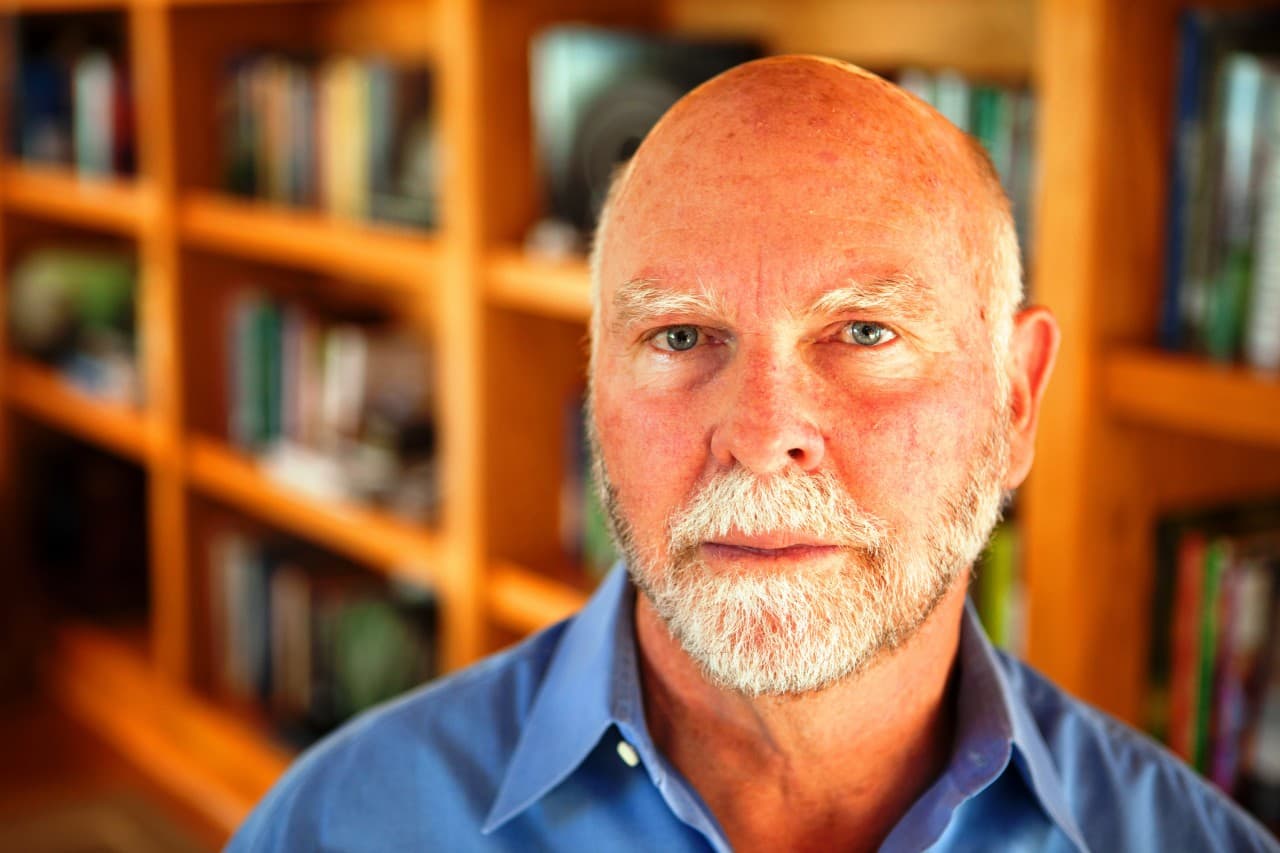Advertisement
Craig Venter On Living With Synthetic Life
This program is rebroadcast from October 29, 2013.
Famed genome sequencer Craig Venter joins us to look at the brave new world of synthetic life.

In the spring of 2010, Craig Venter – the “richest and most powerful man in biotechnology,” he’s been called – announced the creation of a new life form. Synthetic life. Genetically coded on a computer, and popped to life. Specifications dropped in by a human hand. Self-replicating and ready to go. It was a bombshell in biology circles. The rest of the world is still taking it onboard. Now Venter’s talking about it as a challenge to our understanding of life itself. A boon, he hopes. And maybe a teleporter, too. Up next On Point: Craig Venter on the advance of synthetic life.
-- Tom Ashbrook
Guest
J. Craig Venter, molecular biologist and entrepreneur, author of "Life At the Speed of Light: From the Double Helix to the Dawn of Digital Life." Founder and CEO of the J. Craig Venter Institute and of Synthetic Genomics, Inc. (@JCVenter)
From Tom's Reading List
Foreign Affairs: Biology's Brave New World -- "Looking at the strings of letters representing the DNA sequence for a virus called phi X174, which infects bacteria, he thought to himself, 'I can assemble real DNA based on that computer information.' And so he did, creating a virus based on the phi X174 genomic code. He followed the same recipe later on to generate the DNA for his larger and more sophisticated creature. Venter and his team figured out how to make an artificial bacterial cell, inserted their man-made DNA genome inside, and watched as the organic life form they had synthesized moved, ate, breathed, and replicated itself."
NBC News: Genomics pioneer Craig Venter warns about biohacker boo-boos — "As Venter points out in his book, 'Life at the Speed of Light,' he's not the only one worried about biohacker boo-boos. Almost three years ago, a presidential commission on bioethics raised concerns about the risk of "low-probability, high-impact events" such as the creation of a doomsday virus. Bioterror is one aspect of the issue, but Venter says he's also concerned about bio-error — 'the fallout that could occur as the result of DNA manipulation by a non-scientifically trained biohacker or 'biopunk.''"
The Guardian: 'This isn't a fantasy look at the future. We are doing the future' -- "A reader could be forgiven for thinking the book is really aimed at the Nobel prize committee, but Venter claims he just wants more people to understand him. 'One of the motivations for the book is to put this in a historical context because of all the confusion out there when we did it,' he says. 'I think the work that we have done with the first genome in history, the human genome and with the first synthetic cell is certainly of the world caliber that obviously earns big prizes.'"
Read An Excerpt of "Life At the Speed of Light: From the Double Helix to the Dawn of Digital Life" by J. Craig Venter
This program aired on January 6, 2014. The audio for this program is not available.